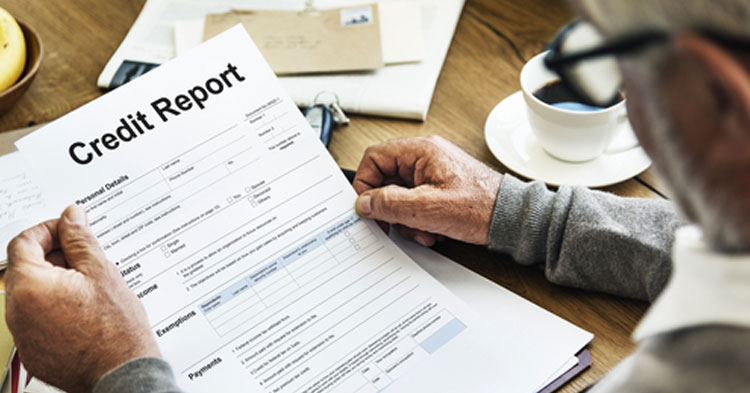Your credit report explained
Many consumers are either not educated about their credit reports or reluctant to check them. This sometimes leads to poor management of their finances. Being informed about your credit profile can save you a lot of unpleasant surprises in the future.
What is a credit report?
According to the credit bureau Transunion, a credit report is a fact-based representation of your credit behaviour and your ability to manage and meet your credit obligations.
Many of the institutions with which you have credit, such as banks, retailers and even insurers are required by the National Credit Act to send data about your accounts and how you pay them to the credit bureaus every month.
What information can you find in a credit report?
There are several data points contained in a consumer’s credit report, but they can be summarised as:
- Account summary and payment profiles
This section contains a list of all accounts such as cellphone contracts, home loans and insurance which are reported to the bureau.
Each account summary provides details concerning the account such as the account number, opening balance, current balance and instalment amount.
In addition, each account contains a 24-month payment history reflecting on-time payments, as well as any late payments or skipped payments.
- Adverse credit listings
The credit bureaus also collect information relating to any adverse credit listings against a consumer, such as defaults, which are generally because of late or non-payment of your accounts.
Different types of negative listings remain on your credit report for different lengths of time. This ranges from one year for a default, to five years for having a court judgment against you.
- Credit enquiries
A credit report will show where and how often you have applied for credit in the past 24 months. It does not matter if it resulted in a new credit account or not.
So, if you are shopping around for credit, a credit provider who is evaluating your latest credit application will know about these from your credit report.
- Personal information
Your credit report will also list personal information such as your ID number, name, address, contact details and employment information.
Why is it important for you to check your credit report?
According to Transunion, a credit report can help you obtain more credit when you need it. However, this report can also work against you if it shows that you may not be a good debtor.
When you apply for credit from any bank, retail store or other credit provider, the provider will ask a credit bureau for your credit report.
The credit provider will then use the information in your credit report to score your creditworthiness and decide, based on its own criteria, whether or not to grant you credit and possibly the interest rate and any deposits required.
Another reason is that you can quickly identify any signs of identity theft.
Moreover, the report can ensure that you manage your debt effectively as all the debts are reflected.
What if you are not satisfied with the report?
According to Marc Ashton, financial problem-solver at Decusatio, you can lodge a dispute through the bureau’s online or telephonic dispute process. The bureau will engage the credit provider for further information.
Transunion says when submitting a dispute, it is important to provide the credit bureau with as much supporting documentation as possible to avoid a delay.
How many times can you check your credit report?
Ashton says major credit bureaus in South Africa allow you one free credit report each year per bureau.
He adds that some credit bureaus will charge for different services such as credit scoring, alerts around major changes in your credit report and identity theft protection. This amount can start from R40 a month.
“If you are serious about managing your finances, you need to understand your credit report. It is the basis on which banks and other financial services institutions make decisions on whether to lend to you and at what rate,” Ashton says.
To apply for your credit report, visit one of these bureaus:
This article has been prepared for information purposes only and it does not constitute legal, financial, or medical advice. The publication, journalist, and companies or individuals providing commentary cannot be held liable in any way. Readers are advised to seek legal, financial, or medical advice where appropriate.
MoneyShop





